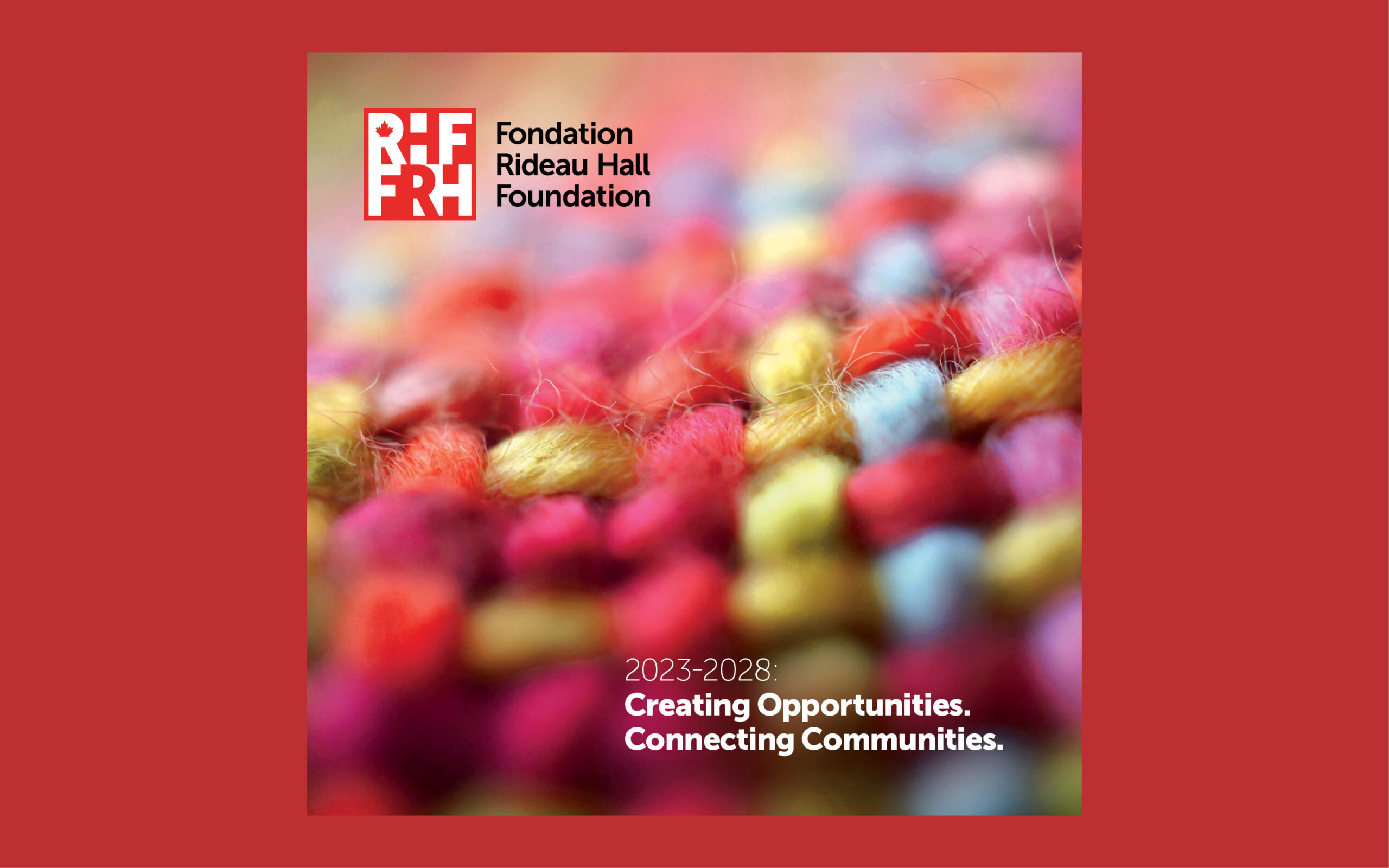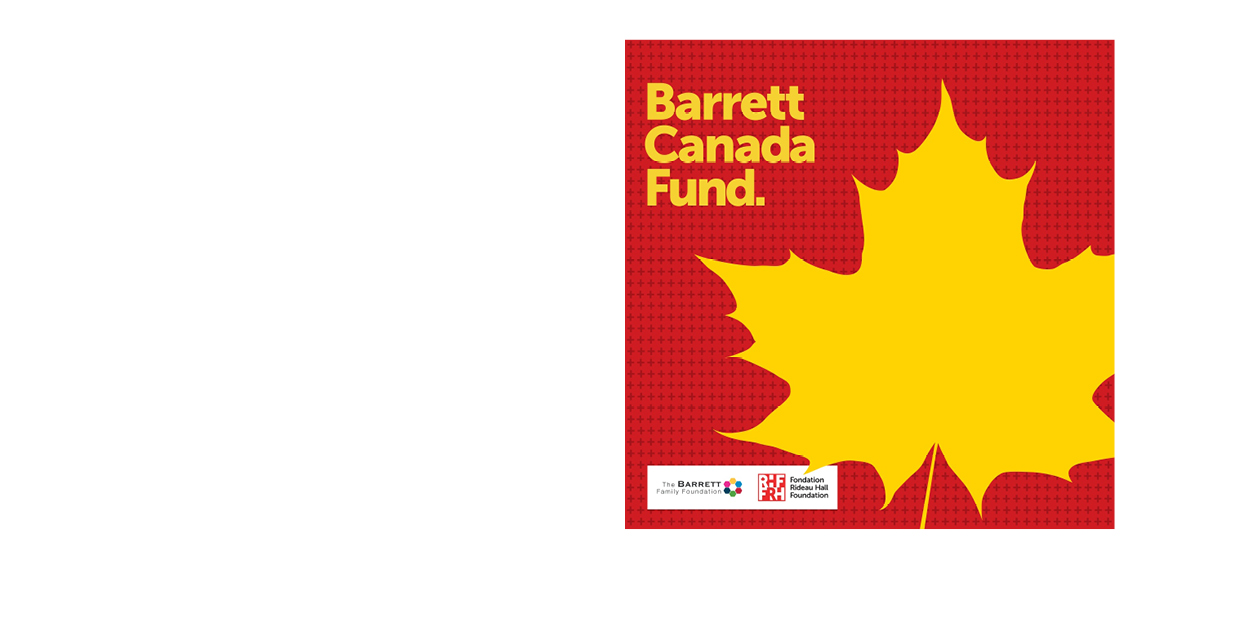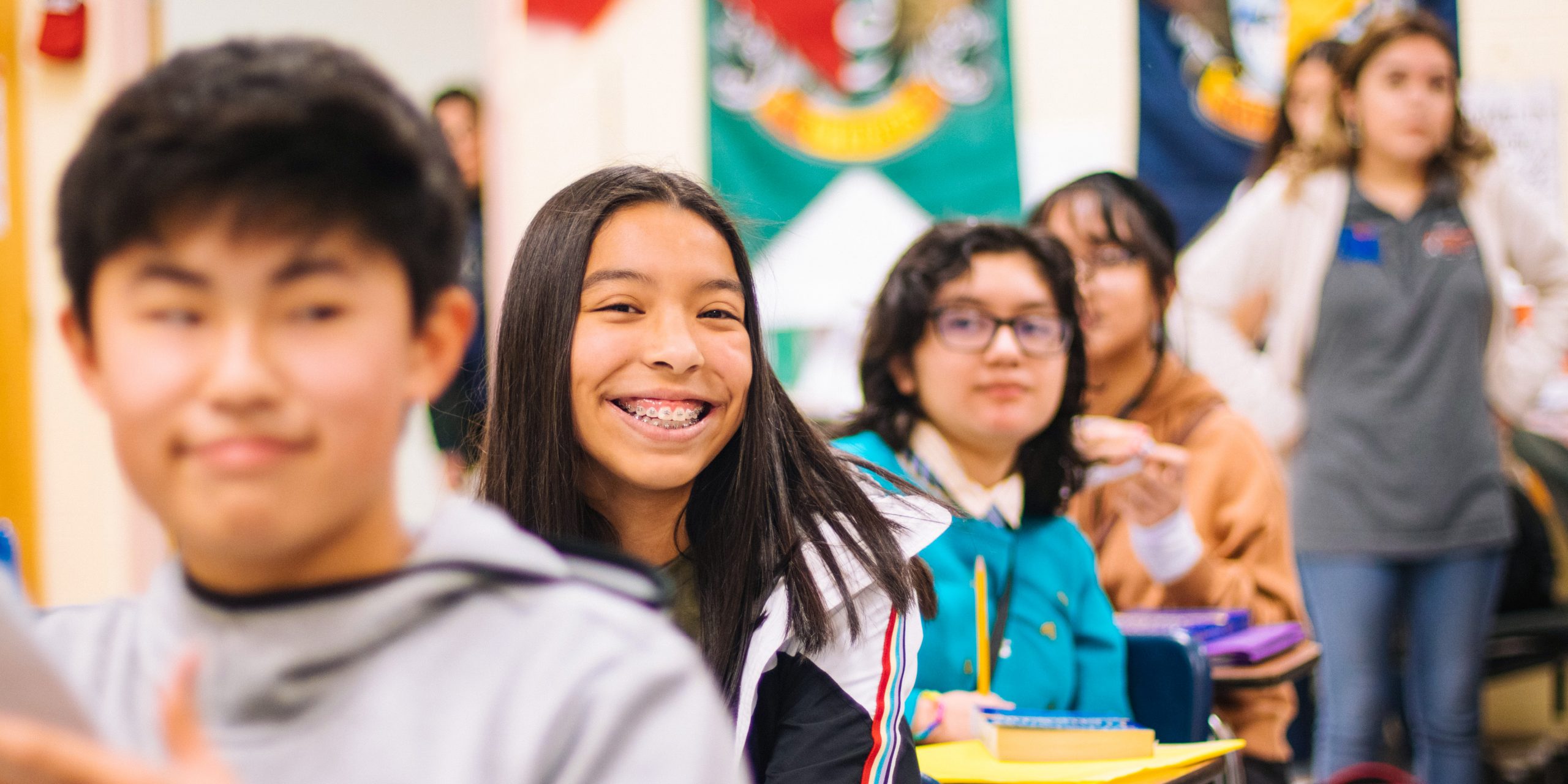By Ikem Opara, Director, National Learning Partnerships, RHF
As the second pandemic-affected school year comes to a close, there is increased media attention on what the past 15 months have meant for young learners, as well as the potential impacts on long-term educational outcomes. Headlines have focused on new learning gaps being created and existing gaps being widened. And questions have been asked about what can be done to address these issues and ensure a smooth transition back into classrooms in the fall.
These are not new conversations. For years, Statistics Canada has been collecting data on the 11% of Canadian youth not in employment, education or training (NEET). For decades, youth-serving organizations in communities across the country have been working to try to change this situation. These organizations have been working to address the inequities in our education system, particularly for Indigenous youth, Black youth, youth from racialized communities, first generation youth, youth living in lower-income households, and youth living in rural and remote locations.
It would be easy to point a finger and say that people are having these conversations now because their children are being affected; not nameless, faceless youth living in another part of their city or their country. That the discourse has shifted to worry about the future for our economy, way of life and workforce of the future because youth who have traditionally been insulated from educational inequities—white, affluent, suburban youth—are now being affected. And those are very important conversations, and ones that we should be having.
But, I think we should also say, “Welcome to the conversation. We’re glad you’re here.” We should use this increased focus on education—how we deliver it, what works and what doesn’t in different situations—to start a broader conversation on learning and to keep it going long after we’re out of this pandemic.
And we should also take this moment when there is a spotlight on how we educate our children and youth to ask ourselves if what we’ve long held to be “normal” is, in fact, best. Are we brave enough to rethink, and even unlearn, how we educate, where we educate, and who the educators have to be? To take advantage of this (hopefully) once-in-a-generation disruption to the status quo to affect real change?
Catapult Canada can play a unique role in helping to facilitate these important conversations. With the leadership of the Rideau Hall Foundation (RHF), working with partners from the public and private sectors, Catapult Canada is a national, community-building platform focused on “Moving Learning Forward” by increasing equity of learning access for Canadian youth. We do this because we know how vital it is for more Canadians to be given every opportunity to succeed and to thrive; an underlying goal of the RHF and its commitment to learning equity and excellence.
While still in its infancy, the platform is focused on gathering a wealth of resources developed by educators and researchers from Canada and around the world. The goal is to continue to build the platform’s resources and to add a mentoring component to the site to further enhance the transfer of both knowledge and best practices. The funding arm of Catapult, the Access Innovation Fund, supports innovation in all aspects of learning: seeding new ideas and scaling what’s working across the country to create adaptable knowledge for communities. The Fund also comprises a capacity-building element allowing grantees to create measurable evaluation parameters – benefitting themselves and the sector.
As a single destination for everyone working toward the goal of educational equity for all learners, Catapult Canada is a well-placed resource for this unique moment in time. It’s an environment that will foster innovation and collaboration. It is also a space that will amplify a diverse range of voices, some of whom have been ignored or minimized until now.
We’re just emerging from a period where the way in which learning is delivered has fundamentally shifted. Where, under extreme circumstances, we proved that change is possible. Now is the time to learn from the missteps, build on the innovation, and welcome everyone to the conversation. Now is not the time to go back to preconceived notions of what learning looks like. There has never been a better time to support every young person in Canada to set and achieve their learning and career goals, as they build the skills they need to be full participants in their communities. Their future depends on us. Our future depends on them.



